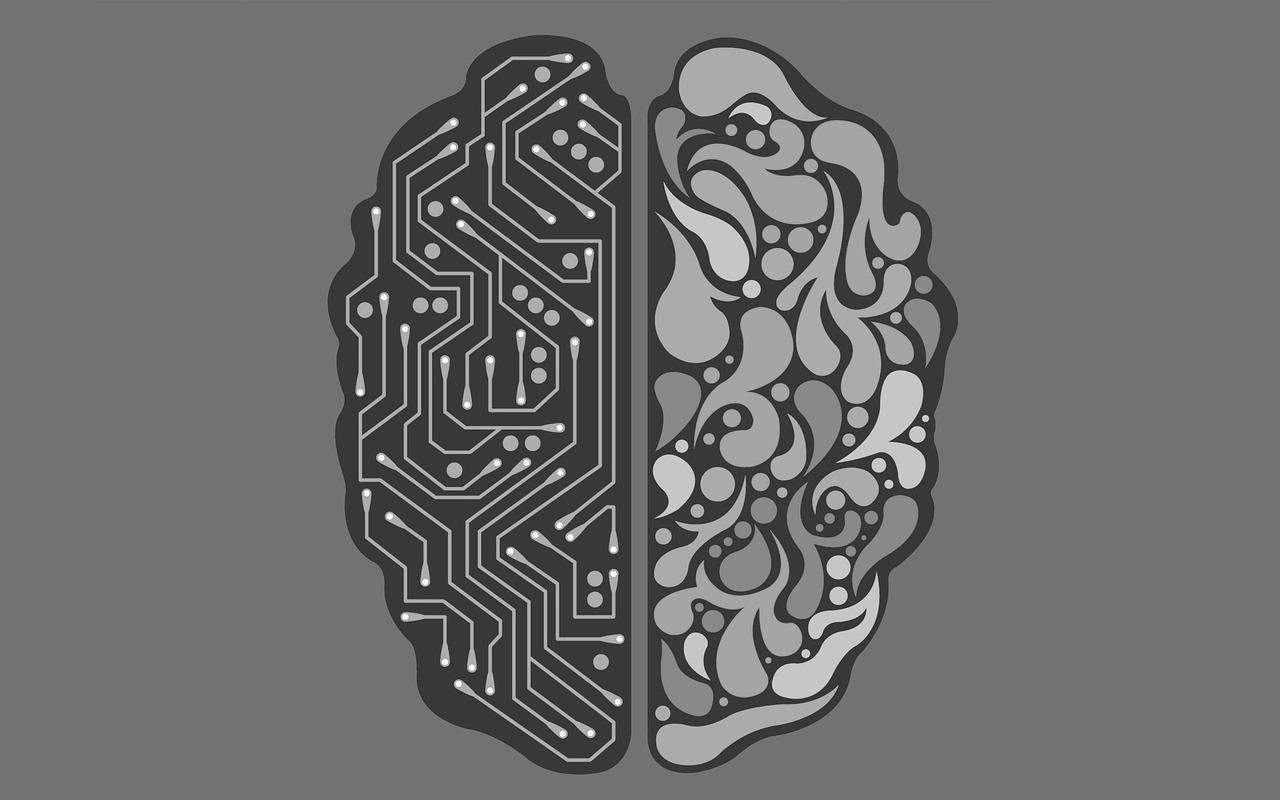Anyone who is involved in recruitment knows that the process becomes much easier when you leverage the right tech innovations. However, this doesn’t mean blindly implementing every new tool that’s made available. It means identifying the tools that offer genuine benefits and using them appropriately.
Artificial intelligence, or AI, is one new technology that has the potential to significantly improve recruitment. However, understanding whether you should use it in your business requires understanding how it can help. There are pros and cons to using AI for recruitment. You need to familiarize yourself with them before you begin applying this tool.
Although it’s impossible to fully cover this topic in a single blog post, the following points will help you to appreciate how and why you might use AI in recruitment. Keep them in mind when considering new technologies to use in your work.
The Benefits of AI for Recruiters
AI isn’t science-fiction anymore. It’s a valid technology that has many practical applications.
That said, we’re still a long way from robots that resemble actual humans. Most AI programs are simply designed to assist with practical tasks. Their ability to complete these tasks more consistently and/or efficiently than humans is what makes them valuable.
For instance, consider a scenario in which many HR professionals have experience: you post a job listing, only to be bombarded with far more applications than you have time to sort through on your own.

An AI program could help in these circumstances by analyzing applications 24/7 to identify candidates who are genuinely qualified for the job. This can save you a lot of time by removing applicants who lack the necessary qualifications.
You can also potentially use AI to learn more about applicants. After all, many recruiters research candidates to obtain information that their resumes and cover letters don’t provide. This can be as simple as checking a candidate’s LinkedIn profile to learn more about their professional interests.
This is another task in which an AI can help. An AI program can search the web for more relevant information about someone who applied for a job. For example, perhaps the AI will learn that a candidate has a tendency to participate in online discussions pertaining to their industry or that they often blog about the type of work they would be doing if they got the job. This can enable you to find out if a person is genuinely right for a given job and isn’t simply feigning enthusiasm for the work.
It’s also possible that AI will eliminate bias in hiring practices. Quite simply, there are many factors which may subconsciously impact your impression of certain candidates. This is something everyone is prone to at some point. However, through an AI program, you can evaluate candidates based entirely on their qualifications.
These are just a few of the major reasons why you may benefit from using this new tool. Of course, there are also reasons to be cautious.
Potential Drawbacks of AI
The example described above indicates how AI might help to guard against bias in recruitment. It represents an optimistic outlook. That said, there are others who argue that AI may not deliver the expected results.
That’s partially due to the simple fact that humans are responsible for programming AI. On top of that, AI programs typically “learn” by identifying patterns. This means that human bias can affect them to a greater degree than we might anticipate.
Consider the example of an AI that was designed to help Amazon recruit job candidates. Ingrained bias within the tech industry has resulted in an environment where most of the people who apply to and obtain tech jobs are men. This isn’t because men are more qualified for those roles than anyone else; it’s simply a byproduct of institutional bias.
The problem is, Amazon’s AI started to learn from that trend. It found out that most successful job applicants at Amazon are men, and thus was more likely to highlight them as strong candidates.
It’s also important to consider factors that AI might not be capable of “understanding” just yet. For instance, an AI may be very good at determining whether an applicant has relevant education and experience, but it might be less effective at determining whether someone is a good fit for the company culture. That requires an understanding of various nuances that might elude a machine. That’s a major reason why it will always be important to involve human professionals in the recruiting process.
None of this is to say that AI can’t be valuable. On the contrary, it can help you to work much more efficiently as a recruiter. This will give you more time to focus on other important tasks. You simply need to know how to use AI and how to guard against its weaknesses. These points will help.

